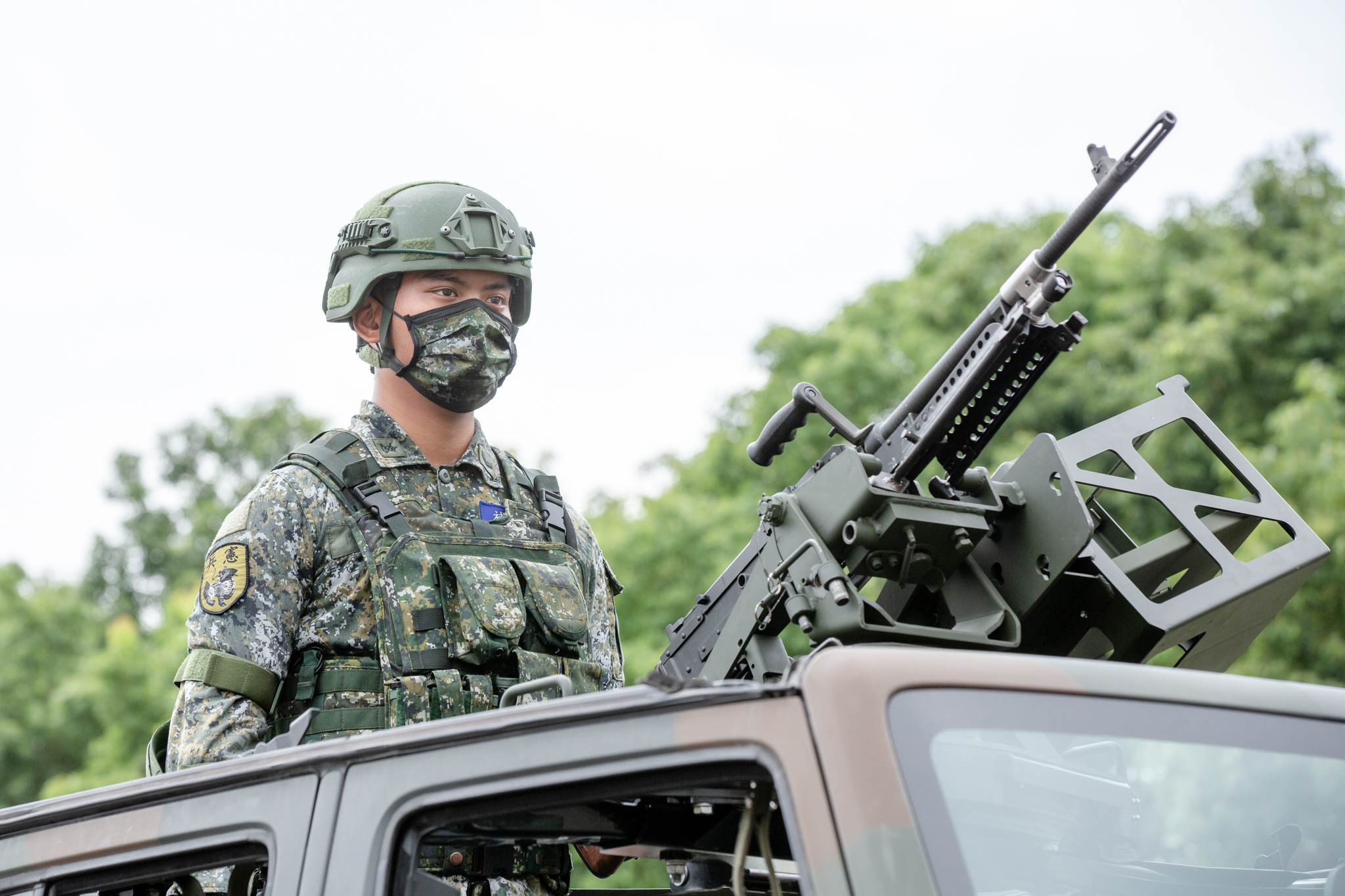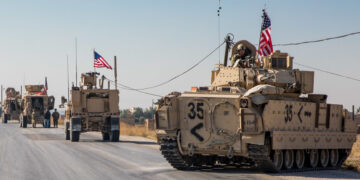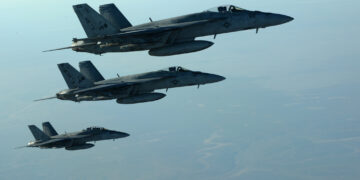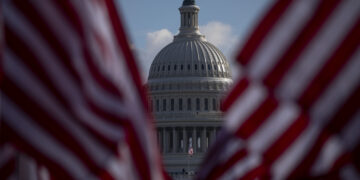
Last week, Taiwan got a new president. Lai Ching-te, also known as William Lai, was sworn in after a rough and tumble campaign, succeeding his old boss, former President Tsai Ing-wen. Elections in Taiwan are always a sore spot for China, which claims the self-ruled island as its own and regards any expressions of Taiwanese sovereignty as a violation. But Lai’s inauguration is an especially thorny subject for Beijing because the Chinese Communist Party views him as a dangerous instigator of Taiwanese independence.
Chinese officials were always going to pick apart Lai’s inauguration speech. And sure enough they did. During the speech, Lai pledged to defend Taiwan’s democratic character, resume tourism with the Chinese mainland and seek talks with Beijing, relatively tame remarks compared with his comments as a younger lawmaker, but China took serious issue with his contention that any diplomacy between the two should be conducted in a spirit of equality.
In China’s view, Taiwan is a renegade province, not a sovereign state with territorial integrity. According to China’s Taiwan affairs office, Lai “sent a dangerous signal of seeking ‘independence’ and undermined the stability of the Taiwan Strait” in the process. Chinese Foreign Minister Wang Yi was more blunt and undiplomatic, calling Lai “disgraceful.”
The strong rhetoric was only the half of it. Shortly after the inauguration, China’s military, the People’s Liberation Army, or PLA, authorized joint air and sea drills around Taiwan. During the first day of the exercises, 49 PLA aircraft, 15 navy vessels and 16 coast guard ships were detected in waters around the island, an extension of the flyovers Beijing has conducted for years now. All of a sudden, Lai had to perform his commander-in-chief duties, traveling to a marine brigade to visit the troops, where he committed himself to defending Taiwan from all threats.
More on Asia

By Jennifer Kavanagh and Dan Caldwell
July 9, 2025

Featuring Jennifer Kavanagh and Dan Caldwell
July 9, 2025

Featuring Lyle Goldstein
July 4, 2025






